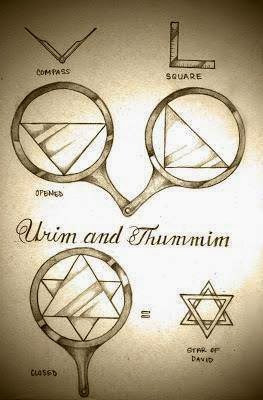His descent was a marvel of condescension, of humility, and even humiliation.
He was born in the mere outskirts of Jerusalem, in a tiny village called Bethlehem, in abject poverty.
He was born in the mere outskirts of Jerusalem, in a tiny village called Bethlehem, in abject poverty.
He grew up in Nazareth, a ramshackle village of perhaps fifty families.
He went to the lowest point on earth for his baptism, in the Jordan River, which meanders to the Dead Sea, some twelve hundred feet below sea level.
He went to the lowest point on earth for his baptism, in the Jordan River, which meanders to the Dead Sea, some twelve hundred feet below sea level.
A fishing village was the headquarters for his labors in Galilee.
His associates were the poor and the meek, not the prestigious officials of the Roman and Jewish hierarchies.
He knew hunger and thirst, arduous walks, and fatigue, all incurred in his efforts to reach the faltering and needy around him.
He left the Last Supper, having been totally rejected by officialdom, who were conspiring to be rid of him, and walked through the gate of garbage and refuse, leading to the city dump. As the off scouring of all things, he walked up the valley of Kidron, a deep and barren valley of tombs, to Gethsemane...
He was crucified outside the city walls by the side of a road where his disgrace would be apparent to every traveler. He endured the most debasing form of torture and death: crucifixion.
While his horrified family watched from a distance, he was removed from the cross by a stranger. Then, denied the customary anointing of his body, he was dressed in the bare minimum of burial clothes and entombed.
The culmination of his descent below all things was Gethsemane and then the cross. He deliberately plunged into the consequences of the worst forms of human sin and ungodliness. Having committed no wrong and having fulfilled his mission to the letter, he yet chose to suffer as if he were guilty of the most despicable of mortal deeds. In doing so, he exposed himself to the agony of satanic buffetings. In the hardest of hard ways, these pangs descended upon him, entering his soul and enveloping him. And having "suffered for us in the flesh" (1 Peter 4:1), his bowels (in Hebrew the word translated here as bowels means 'center self') were filled with compassion.
Because of this he knows how to succor, to heal, to comfort his people in their afflictions (see Alma 7:11)...
Finally, he succumbed, saying "It is finished" (John 19:30). He had become in the complete sense, the Messiah, 'the anointed one' (in Greek, Christos)...And though the world knew it not, he had now been anointed in a bloody sweat, compounded by scourging and completed by crucifixion...
Within three days he emerged from the tomb, triumphant over death; his own and ours.
By Truman G. Madsen
Request a free copy of
the Book of Mormon









